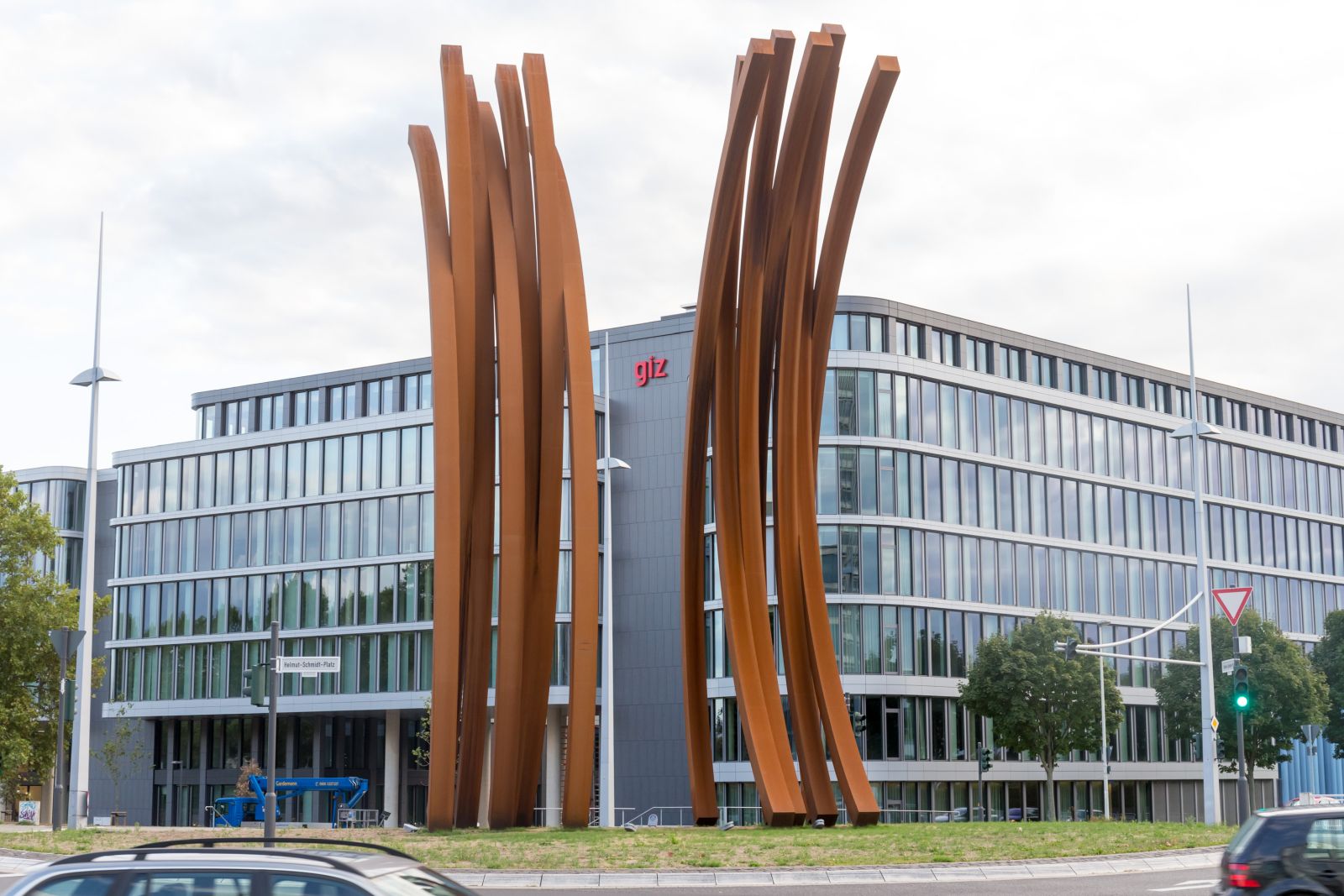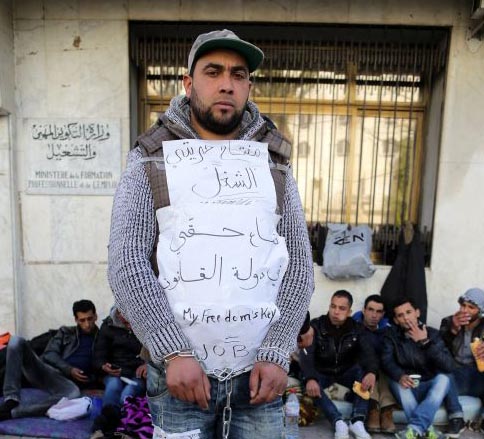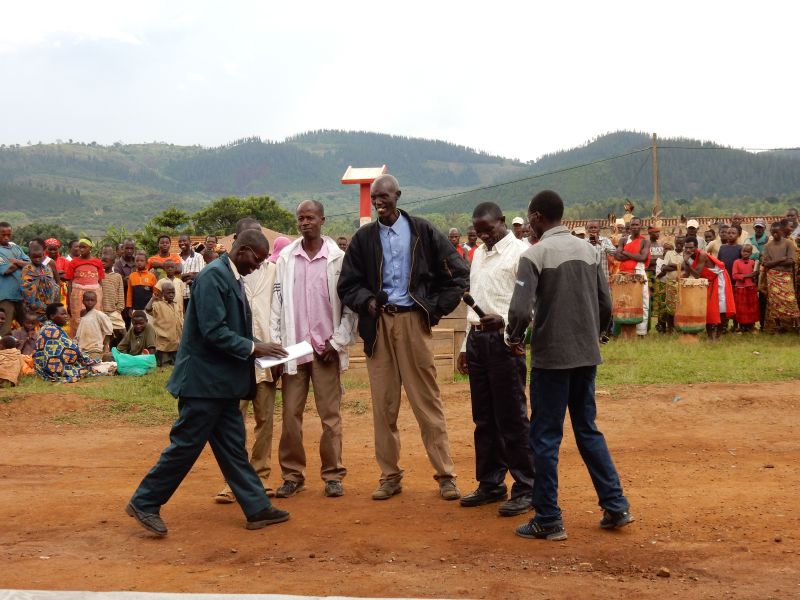CPS
Preventing violence, promoting peaceful coexistence

The CPS is a programme for preventing violence and promoting peace in crisis zones and conflict regions. It is funded by Germany’s Federal Government and run by nine German peace and development agencies. Since 1999, the CPS has been striving to contribute to a world in which conflicts are resolved without violence. Approximately 300 international CPS experts are currently active in 43 countries.
In many cases, the CPS experts work with people affected by displacement and migration (see main article). Civil conflict resolution is of a preventive nature, avoiding violence and allowing people to live together under difficult conditions. If people are forced to flee nonetheless, civil conflict resolution can significantly help mitigate the effects of displacement by providing non-violent assistance to refugees and everyone concerned. Psychosocial support, legal aid, physical protection and respect for human rights all matter.
When people need to take refuge, civil conflict resolution promotes constructive coexistence between local residents and refugees. Once the situation in the refugees’ homeland stabilises and the displaced return home, civil conflict resolution can help resolve conflicts between returnees and those who stayed behind. It can also mediate between perpetrators and victims. In such situations, it also has a potential to prevent new outbursts of violence. It lays a foundation for a shared future.













